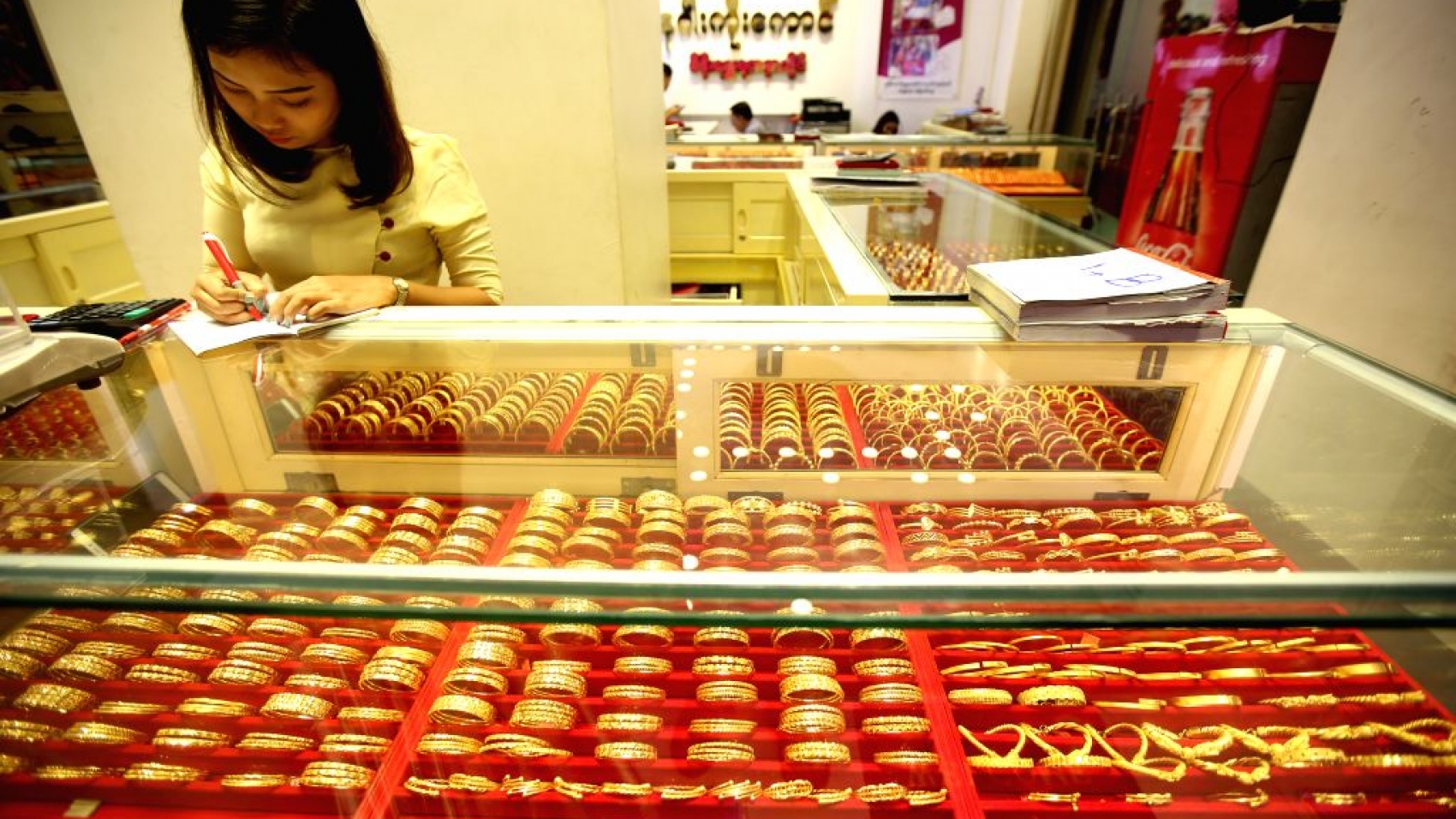Yangon Region Gold Entrepreneurs Association (YGEA) submitted a proposal to the Central Bank of Myanmar (CBM) to allow payment by telegraph transfer (TT) system for gold and jewellery export and import transaction, said U Myo Myint, chairman of YGEA. Regarding this matter, the CBM and YGEA’s executive committee had a meeting online on 9 July. Presently, the gold export has stopped after the international remittance for a gold transaction was changed from TT system to Letter of Credit (LC). When the traders export gold and jewellery, we used to offer both TT and LC systems. Later, the authorities allowed only the LC system for gold export. It took about 1 month to send the goods.
Then, the money will be transferred by LC system when the goods arrived there. Further, the prices will not be steady as well. The traders are convenient with the TT system because there is no delay. So, they have requested the CBM for the resumption of the previous payment system (TT). The Trade Department, the Ministry of Commerce issued the notification on 12 August 2020 that the transaction for gold and jewellery export and import can be done only with the LC system. Myanmar is placed on the Grey List by the Financial Action Task Force (FATF). This inter-governmental body sets anti-money laundering standards. Therefore, the country needs to monitor the gold and jewellery exports and imports in order to ensure there is no illegal income.
Thus, the payment method was changed to LC as per the notification of the trade department. With the use of LC, payment can take about two months, cost banking service changes by two sides, and increase the charges for security matters in transportation. Consequently, gold trading in the international market has halted due to the unstable international gold prices daily. Besides, more than 10,.000 domestic goldsmiths have lost their jobs due to the suspension of the gold exports. The domestic gold market might recover if the continuation of the TT system is allowed. Gold and other pieces of jewellery are primarily purchased by Japan and the Republic of Korea, and other tourists also buy them, according to the association.
Source: The Global New Light of Myanmar

